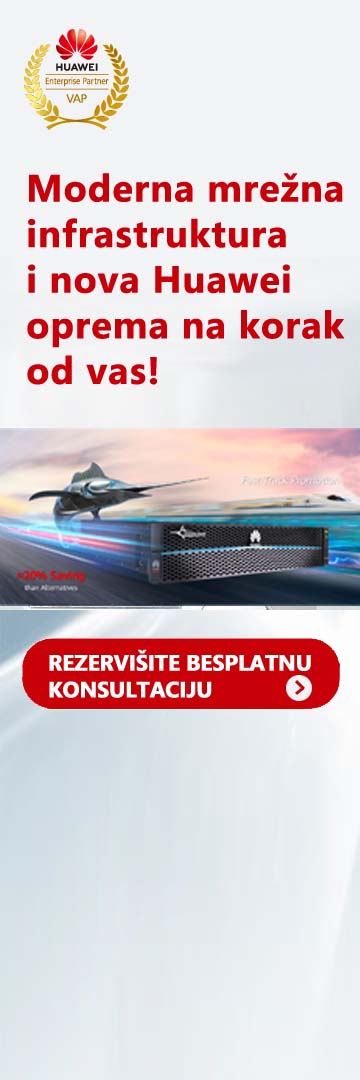UNS info
19. 12. 2017.
Murder of Shefki Popova: Where is the investigation evidence?
Shefki Popova, a famous Rilindja journalist, was murdered at his doorstep in the hometown of Vucitrn on September 10, 2000. The crime was prepared carefully. The Journalists Association of Serbia (UNS), while investigating this murder, came to the information that the investigation made by UNMIK was distracted, and after the arrival of EULEX this case just “disappeared.” The family appealed, the Association asked questions, but even with clear indications of the motives of the murder, the investigation was halted. The killers are still at large.
Directions
UNS Dossier find out that the UNMIK Police took from Shefki Popova’s apartment everything that could be considered as evidence, including a briefcase that well-known journalist always had with him. And which, according to some opinions, could contain some important documents, a direction for the investigation.
The prosecutor of Basic Court in Mitrovica, Njazi Rexha, requested an urgent assistance from the police two times (first time on October 5, 2000, and second time on March 23, 2004) concerning this case (PPN 306/2000). Police didn’t respond to both requests.
With arrival of EULEX in 2008, the case of Popova "disappears" and EU Mission on this very matter answered to UNS (last time in September 2017) with “No information available.” After such reply, a question lingers - what happened to the documents taken from the Popova’s house?
The murderer entered the building where Popova was living, with a book where he hid a gun. He waited for the journalist to return home (at 22:15). UNS learned the witnesses saw two men fleeing.
Popova died shortly after he was taken to the closest hospital, at that time under the administration of the United Arab Emirates peacekeepers.
For the family, there is no doubt that Shefki Popova was killed because he was "the authority of the pen."
Political murders
Popova was active in local politics. UNS sources are emphasizing the fact that he was killed just before local elections, when one of the participants in Vucitrn elections was a reputable candidate of Social Democratic Party of Kosovo, led by Kaqusha Jashari. The counter-candidates were from Ramush Haradinaj’s AAK party and Hashim Thaqi’s PDK party.
At that time, in the struggle for power, many political murders happened, and most of those murdered were from the Democratic League of Kosovo (LDK) of Ibrahim Rugova, with whom Popova was close.
In October 2000 local elections, LDK convincingly won with 58 percent of votes, and 504 out of 869 Assembly seats in local assemblies, leaving far behind Thaqi’s party with 27.3 percent of support.
Several members of LDK were attacked at that time. OSCE officially stated back then that they are investigating around 20 of such incidents, but they never found out who were the perpetrators, explaining “it is very difficult to separate politically motivated attacks from those that are not.” However, three days after the murder of Popova, international police, KFOR and OSCE established the group for protection of elections candidates.
Ajeti called on the authorities
Murder of Popova took place after attempted murder of Serbian journalist Valentina Čukić, the editor of Serbian-language program in Radio Kontakt (June 2000) in Pristina. But additional protection for journalists was considered only after the barbarian murder of Popova.
The murder of Shefki Popova was a shock. Those that knew him are saying that he was a good man who did not have an argument with anyone. According to UNS findings, a young “Bota Sot” journalist Bardhul Ajeti wrote numerous texts appealing to find the killers of Shefki Popova. Ajeti was killed in 2005.
A hope in the Special Court
The International Federation of Journalists (IFJ), the world's largest journalist organization, protested against the brutal murder of Popova, and called for all the warring factions in Kosovo to respect the freedom of the press and stop attacking journalists. IFJ also warned that the murder of Rilindja’s journalist could lead to further attacks. After this crime, two other journalists were killed.
In the OSCE poll, in December 2001, 78 percent of Kosovo journalists reported they did not feel free to conduct an investigative journalism without a fear of threat or retaliation.
For the family of Shefki Popova, as well as for many others, the Special Court on War Crimes in Kosovo is the only hope that the truth will be revealed.
|
|
Violence after peace protest Twelve days after the killing of Shefki Popova, on September 22, 2000, protests against political and interethnic violence were organized in Pristina and six other cities. But, within 48 hours, at least four murders were registered in Kosovo (two victims were known and prominent figures). After this series of murders, it was determined that violence in Kosovo cannot be stopped by public events, but by effective police force. Journalists still do not know who are the killers and kidnappers of their 14 colleagues, or why the police and the prosecution did not do their job. |
* Reprinting, republishing or usage parts or the entire article is permitted with mandatory source guidance







comments (0)
???live_comment???No comments on this topic.